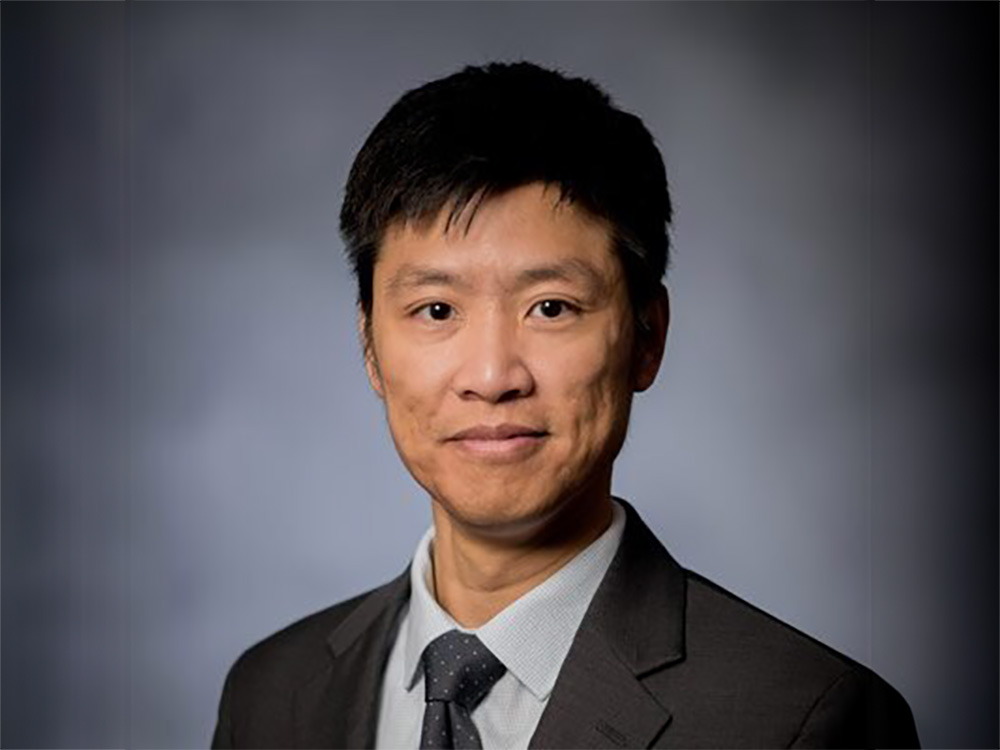Whether the promise of artificial intelligence fills you with anticipation or dread, artificial intelligence-fueled tools are here and only getting more powerful.
As managers integrate these tools into everyday office life, researchers at the University of Georgia are expanding their groundbreaking research into the impact of this fourth industrial revolution to understand AI’s promise and peril of artificial intelligence.
“I think the most exciting areas in our research nowadays would be the use of AI in business,” said Ling Xue, the Terry College of Business Alumni Board Distinguished Professor in the Department of Management Information Systems. “It’s already transformed the way people do work now and the way we create value.”
Xue joined the UGA faculty in July and was named to the Alumni Board’s endowed professorship by the University System of Georgia Board of Regents.
For the past two decades, Xue has investigated how businesses integrate new technologies into their management structures. He is a leader in the information technology research space and has mentored many scholars following in his footsteps.
Before coming to UGA, Xue was an associate professor of computer information systems at the J. Mack Robinson College of Business at Georgia State University. He holds a PhD in information systems from the University of Texas.
Much of Xue’s research focuses on the implementation of new technologies in business and, more importantly, management decisions making some new technologies indispensable and others disposable.
He plans to use those same frameworks to see how industries adopt artificial intelligence technology into their business operations and what the managerial impacts will be.
“We have ongoing projects trying to update some of the theories in the management literature to look at the organizational tensions that can arise from this development and deployment of AI,” Xue said. “Some traditional management theories, such as Paradox theory, can also focus on the origins of tensions that arise between different stakeholders. But the existing theory is not enough to capture these rapidly developing capabilities of AI.
“One of the biggest challenges for people like us, in business domains and maybe other social sciences, is keeping up with the pace of this technology.”
Xue joins Terry College Department of Management Information Systems researchers — Gerald Kane, the C. Herman and Mary Virginia Terry Chair of Business Administration, and assistant professor Aaron Schecter — and assistant professor of management Pok Man Tang in tackling the emerging technology’s impact.
“The thing that I find very exciting about this time is we have these great opportunities to collaborate with each other and scholars from different disciplines,” Xue said. “Traditionally, people from different disciplines don’t always talk to each other.
“But nowadays, we’re all seeing these big challenges and big opportunities. We have to constantly talk to people from computer science, engineering, and statistics, etc., and put together all of this knowledge and bring different perspectives together to develop frameworks to think about the impact of these new systems. I think it’s a great thing.”

